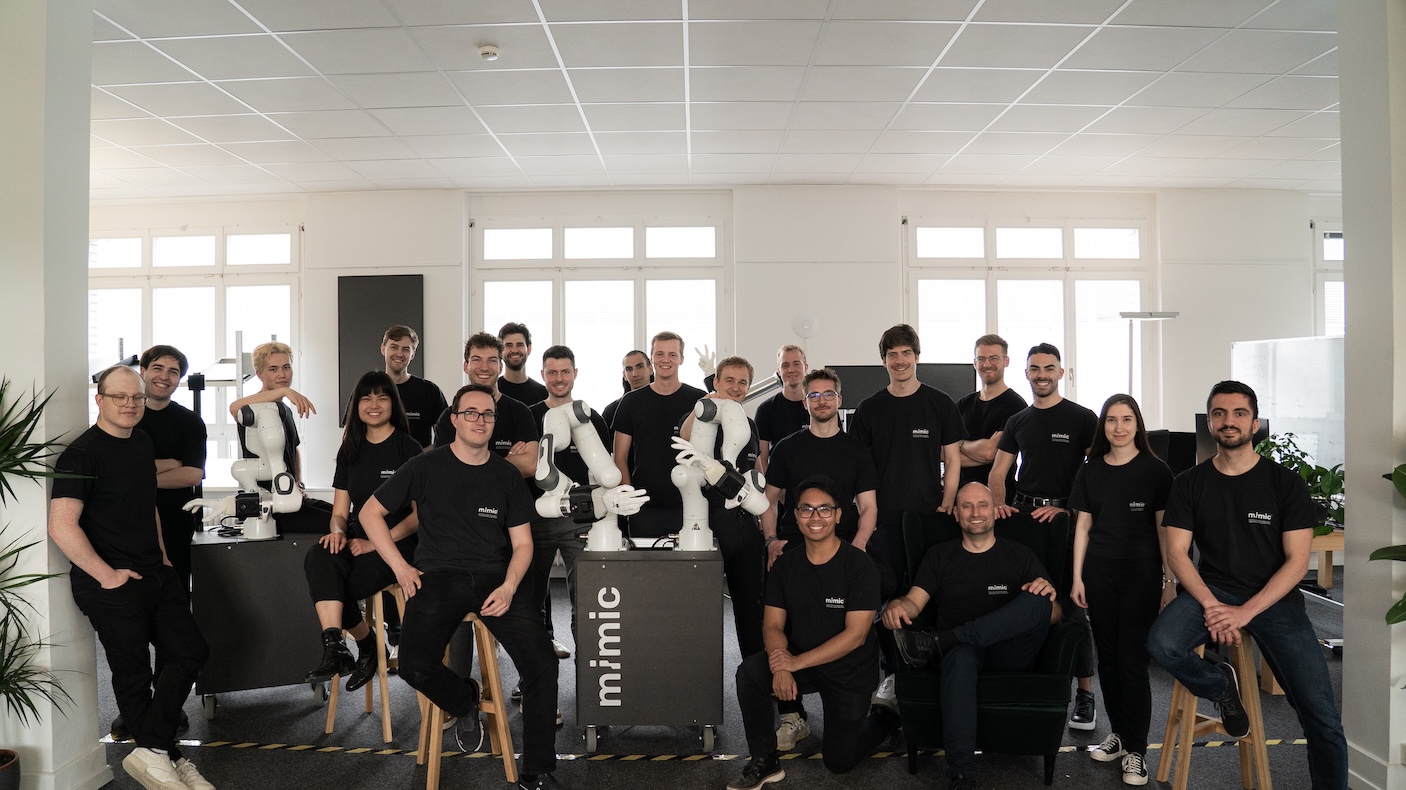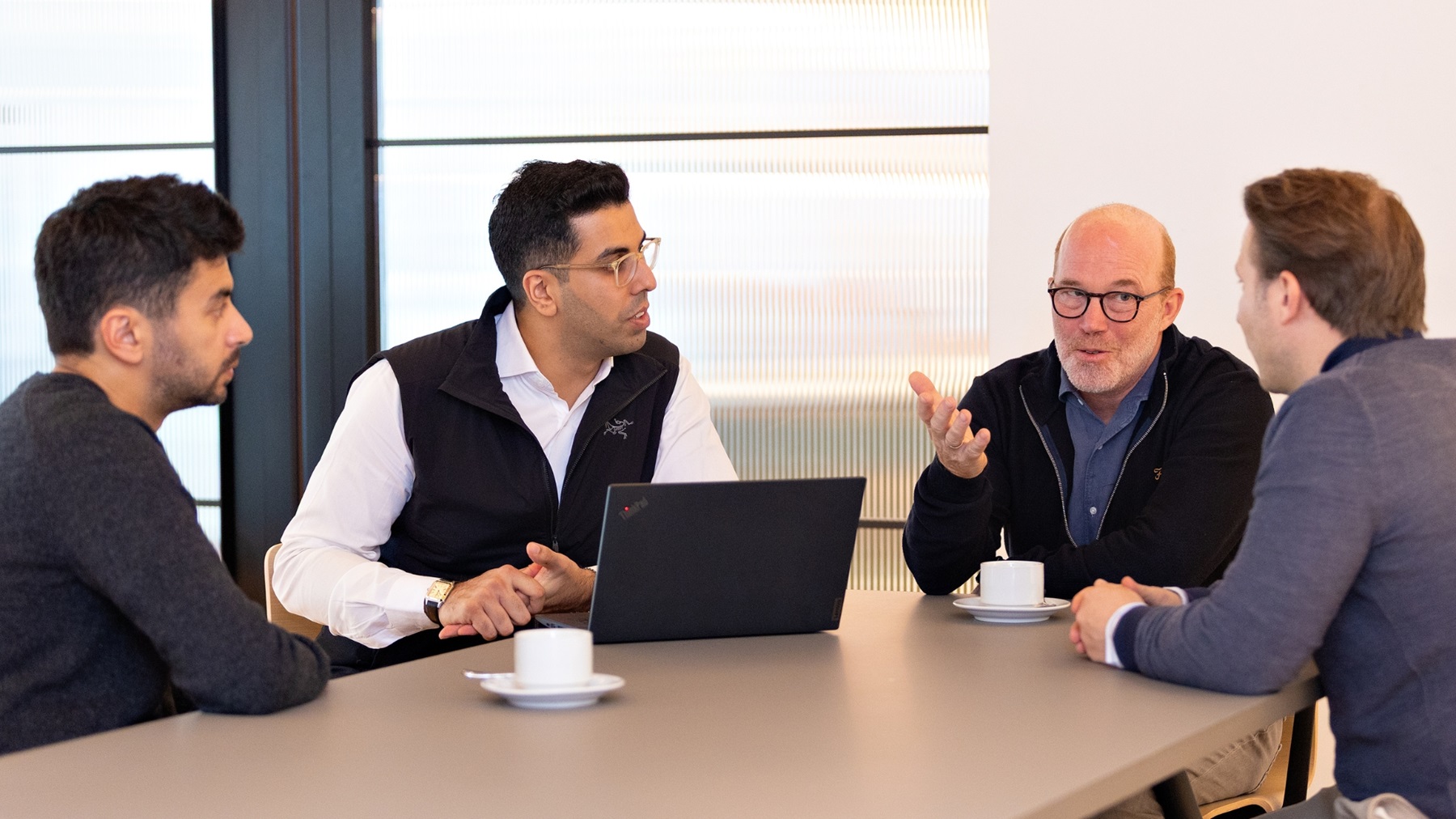Tools of the Trade: The New HR SaaS Stack
Preamble: As part of our ongoing blog series, the Speedinvest SaaS & Infra team take regular deep dives into various aspects of our thesis. We try to be bottom-up, following the smartest people we know (our founders) and to avoid the type of advice that quickly goes stale. That said, some topics need a detailed look, even at risk of becoming outdated. HR-tooling is exactly one of those topics.
Ask any founder, people leader, or hiring manager what the hiring environment looked like last year, and they'll tell you about an era of skyrocketing salaries and fierce competition for talent. This competition created a lopsided hiring market where highly skilled and experienced talent was both unavailable and constantly exploring their career options at the same time.
It’s anyone’s guess what the global macro climate might hold for labor markets more generally. But with venture deployment beating all records last year, it’s unlikely we'll be seeing a significant cooldown of talent competition in tech.
In order to stay competitive, HR, much like any other business function, had to step up their game. What we got as a result is a vastly improved toolstack. "HR-SaaS" isn't a particularly popular term among VCs. Generally speaking, it's too vague. For lack of better terminology, let’s focus on the parts of the employee journey that we think matter most: How to find, win and retain talent.
Find - Everything starts at the beginning: Widen, optimize and automate your funnel
Hiring in a competitive market is sales. The sale is complex, but the fundamental process is very similar. As a first step, you need to manage a funnel and generate relevant leads. Thankfully, there are now an abundance of specialized job platforms, like Otta, Angellist, Hiresweet –– or even our own portal where you can find new opportunities with our portfolio startups. There’s also a vast number of platforms trying to lower the barrier on the applicant side through novel approaches, like text-based applications (Cord) or technical quizzes (Triplebyte).
As with sales, there’s also a plethora of tools helping you manage your leads more effectively by automating away monotonous, repetitive tasks. Tools like Kula can help create nudges and drip campaigns while Beamery provides you with insights and analytics on your funnel. All of these can be useful, but are ultimately table stakes at this point. As in sales, the magic lies in actually winning the deal (or candidate, in this case).
Win - Putting your best foot forward: Win candidates through a compelling candidate experience
Most people would agree that in the long-run, your company's ability to hire talent is about a multitude of slow-to-change strategic variables, such as your employer brand, your fundraising situation, and your positioning in the market. Some of these may be outside of your immediate control.
In the short-term, the largest predictive factor you can control to win more hires is candidate experience. You can think of candidate experience as the sum of interactions a candidate has while passing through your funnel from beginning to end.
There are quite a few tools that solve aspects of this in a very tactical, rather than strategic, way. There are surveys (Starred), controlling for D&I (Applied), and pitch sync and engagement tracking (Candidate Guide). Our thesis from observing dozens of early stage companies is that candidate experience needs to be a cohesive process that becomes more than the sum of its parts. This sounds abstract but ––shameless portfolio plug –– Prologue does exactly that. Prologue streamlines the recruiting experience for hiring teams and their prospective hires through a candidate-first ATS.
Retain - Paying well and doing well: The rise of compensation benchmarks and culture measurements
Two of the most commonly cited reasons for employee churn are compensation and culture misalignment. While obvious in theory, tools to tackle this both quantitatively and methodically have only recently started to hit the market.
Two of the core pillars of compensation are salary and equity. On salary there's a huge number of benchmarking tools. Pave is arguably the incumbent and leader in the US alongside Agora and Welcome. FiguresHR, Heron, and Ravio are attempting the same in Europe. For equity management, there's Ledgy in Europe and Carta in the US.
Beyond pure compensation data, some of these tools also let you do pay-leveling, which is crucial to ensure a fair and scalable organizational setup. The second huge pillar of employee retention is culture. Research suggests that culture may be a crucial factor for up to 89% of employee churns. While in the past managers had to fly totally blind and operate on gut feel, there are now a number of tools addressing various parts of the employee experience, including Culture Amp, Peakon (now Workday) and –– another shameless portfolio plug –– Platypus.
It’s unclear what the next months and years might bring for most companies. One fact remains constant: employees are any tech startup’s biggest asset. Finding, hiring, and retaining the right people will make the difference between success and failure.
In order to stand out and differentiate yourself as a company, there’s a whole new stack of tools available at any founder’s disposal. Our SaaS & Infra team has backed a number of companies in this stack and we'll continue to do so.
If you are building in it, find us on saas@speedinvest.com or on LinkedIn and Twitter: @fredhgnr, @DominikTo, @smi, @AudreyHandem, @YTR4N_ and @markus0lang.













.svg)
